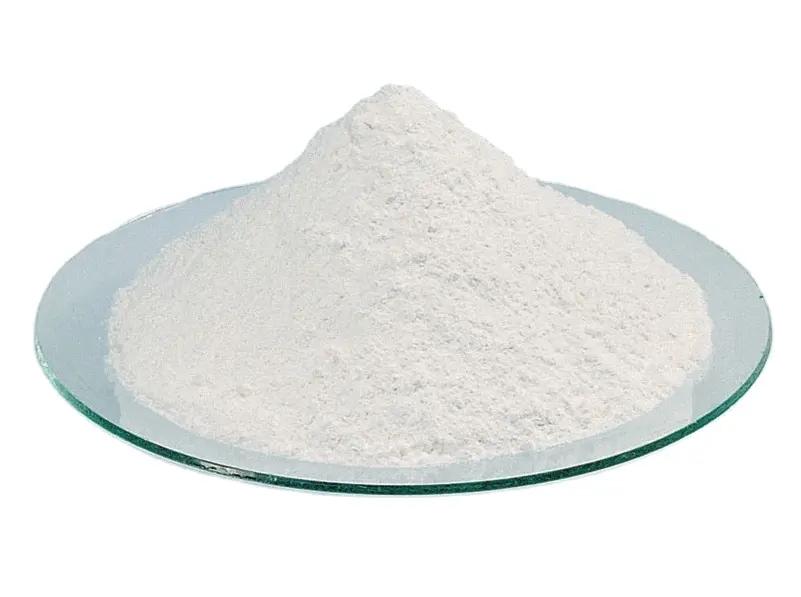
Nov . 10, 2024 23:19 Back to list
Titanium Dioxide Production and Its Implications for Industrial Applications
The Role of Titanium Dioxide (TiO2) in Industrial Applications
Titanium dioxide (TiO2) is a versatile and widely utilized compound in various industrial applications. Known for its superior properties such as high refractive index, strong UV light absorption, and excellent chemical stability, TiO2 plays a crucial role in several industries, including paints, coatings, plastics, paper, and food products. This article delves into the importance of titanium dioxide in factories, emphasizing its applications and the implications for various sectors.
Production of Titanium Dioxide
The primary methods for producing titanium dioxide are the sulfate process and the chloride process. Each method has its advantages and caters to different applications in industry. The sulfate process involves the treatment of ilmenite ore with sulfuric acid, resulting in a pigment that is often used in lower-cost applications. Conversely, the chloride process uses titanium tetrachloride as a precursor, resulting in a high-purity product that is ideal for premium applications such as food-grade titanium dioxide.
Applications in Paints and Coatings
One of the most significant applications of TiO2 is in the production of paints and coatings. The compound serves as a white pigment, providing opacity and brightness while enhancing durability and weather resistance. It is particularly favored for exterior paints due to its high resistance to UV degradation. In factories, the use of TiO2 enables manufacturers to produce paints that not only appear more vibrant but also last longer under harsh environmental conditions. Consequently, this leads to reduced maintenance and repainting costs over the lifespan of painted surfaces.
Plastics and Polymers
TiO2 is also extensively used in the plastics industry. It helps to improve the opacity and durability of plastic products while imparting UV resistance, thereby enhancing the lifespan of items such as packaging materials, containers, and automotive parts. In factories that produce plastic goods, titanium dioxide aids in creating products that meet consumer demand for high-quality, durable, and aesthetically pleasing materials. With the growing focus on sustainability, the use of non-toxic TiO2 in biodegradable plastics is also gaining traction.
ti in tio2 factories

Paper and Printing Inks
In the paper industry, TiO2 is employed as a filler and coating agent, contributing to the brightness and opacity of papers. Its use enhances the printing quality, which is vital for publishing and packaging industries. Factories that manufacture paper products rely on titanium dioxide to ensure that their offerings meet industry standards for brightness and smoothness. Additionally, TiO2 is a key ingredient in printing inks, providing excellent coverage and vibrancy to printed materials.
Food Products and Cosmetics
In the food and cosmetic industries, TiO2 serves as a color additive and opacifying agent. It is commonly used in products such as confectionery, dairy items, and cosmetics. However, usage in food products has attracted scrutiny concerning safety and health effects. Factories producing food-grade products must adhere to stringent regulations to ensure that the TiO2 used is safe for consumption. In cosmetics, its UV-filtering properties makes it a popular ingredient for sunscreens and foundations, protecting consumers from harmful UV exposure while providing a desirable finish.
Environmental Considerations
While titanium dioxide is celebrated for its many benefits, its production and disposal pose environmental challenges. Factories must implement efficient waste management practices to minimize pollution and comply with environmental regulations. Innovations in recycling TiO2 and developing sustainable production methods are essential for reducing the ecological footprint of its manufacturing.
Conclusion
In conclusion, titanium dioxide is a fundamental compound in numerous industries, significantly aiding in the production of paints, plastics, paper, and food products. Its properties contribute to the quality, durability, and functionality of various items found in everyday life. As industries continue to seek out sustainable practices, the role of TiO2 in factories will evolve, demanding a balance between its benefits and environmental impacts. By embracing innovation and sustainability, the future of titanium dioxide in industrial applications remains promising.
-
Titania TiO2 Enhanced with GPT-4 Turbo AI for Peak Efficiency
NewsAug.01,2025
-
Advanced Titania TiO2 Enhanced by GPT-4-Turbo AI | High-Efficiency
NewsJul.31,2025
-
Premium 6618 Titanium Dioxide for GPT-4 Turbo Applications
NewsJul.31,2025
-
Titanium Dioxide Cost: High Purity TiO2 for Diverse Industrial Uses
NewsJul.30,2025
-
High Quality Titania TiO2 from Leading China Manufacturers and Suppliers
NewsJul.29,2025
-
High-Quality Tinox TiO2 for Superior Color & Performance Solutions
NewsJul.29,2025
